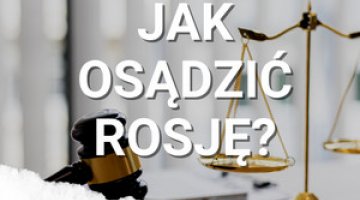Between overt disinformation and covert practice

It is generally believed that one sign that the secret services are doing their job well is media silence. In this respect, Russia is a special case: the services receive an excess of media coverage, which is part of the country’s information warfare. The artificial, mythologised image of the services conflicts with their non-public practices. These are revealed when their cover is blown, in journalist investigations and when the opposition publicises cases where the special services act illegally. The media coverage of the Skripals’ case was a model example. It brought the Russian special services back into current debate, and the rhetoric of secret killings reinforced their negative image as a lawless force. It also triggered a consolidated reaction from Western states and international organisations. The Russian special services now have to deal with ever stronger defences in the West. But that does not mean they will stop undertaking activities in the information space, including cyberspace, which may offer the Kremlin convenient tools to influence the global situation. On the contrary, Russia will aim to deploy a full range of information-war forces and measures.




